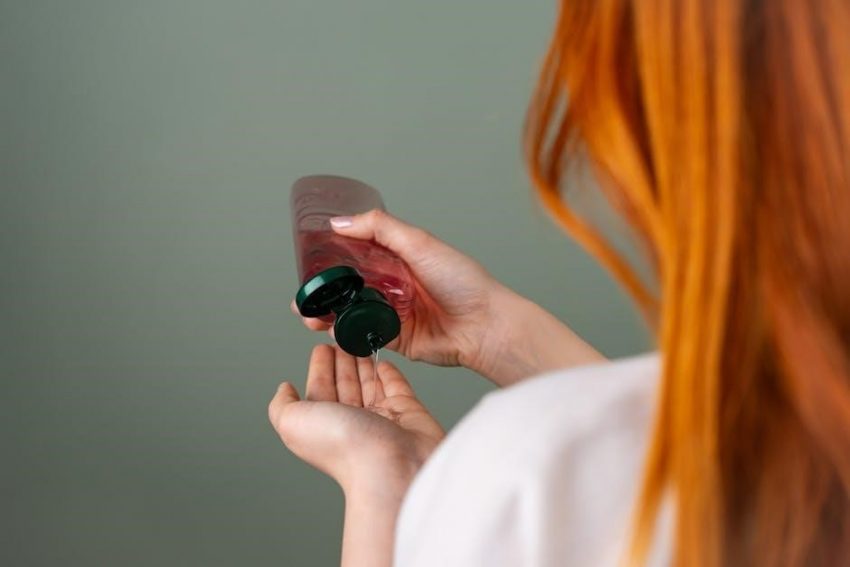Cleaning is essential for maintaining hygiene, health, and organization in daily life. This manual provides practical guidance for effective cleaning, covering tools, techniques, and best practices to ensure a safe and sparkling environment.
Definition and Importance of Cleaning
Cleaning is the systematic process of removing dirt, dust, and impurities from surfaces, objects, or environments to maintain hygiene, health, and aesthetics. It involves the use of cleaning tools, products, and techniques to achieve a sanitized and organized space. The importance of cleaning lies in its ability to prevent the spread of illnesses, reduce allergens, and create a comfortable living or working environment. Regular cleaning also enhances mental well-being by reducing stress and improving focus. Additionally, it helps preserve the longevity of belongings and property, ensuring they remain in good condition. For cleaning women, this practice is not only a chore but a vital skill that contributes to the overall quality of life and safety of families and communities.
Brief History of Cleaning Practices
Cleaning practices have evolved significantly over time, reflecting advances in technology and changing societal norms. Ancient civilizations used water, cloths, and natural substances like sand and vinegar for cleaning. The ancient Romans and Egyptians developed soap-like substances, marking an early milestone. During the Middle Ages, cleaning was basic, relying on ashes, sand, and manual labor. The 19th century saw the introduction of synthetic soap and cleaning tools, while the 20th century brought electric appliances and chemical cleaners. Today, cleaning is a blend of traditional methods and modern innovations, with a growing emphasis on eco-friendly products. Understanding this history helps appreciate the role of cleaning in maintaining health and hygiene, particularly for cleaning women who have historically played a vital role in these practices.

Daily Cleaning Routine
A daily routine involves consistent tasks like tidying, dusting, and sanitizing surfaces. It ensures a fresh environment, promoting efficiency and organization, especially for cleaning professionals.
Morning Cleaning Tasks
Starting the day with a structured morning cleaning routine sets a positive tone. Begin by making beds immediately after waking up to create a sense of order. Next, tidy up living areas by putting away items like cushions, toys, or work materials. Wipe down kitchen counters and sinks after breakfast to prevent crumbs and spills from building up. Quickly sweep or vacuum high-traffic zones to maintain a clean appearance. Don’t forget to refresh bathrooms by wiping mirrors, restocking toilet paper, and ensuring sinks are clean. These tasks, though simple, lay the groundwork for a organized and hygienic day. Consistency is key to making this routine efficient and effective.
Evening Cleaning Routine
Ending the day with a consistent evening cleaning routine helps maintain a tidy and relaxing environment. Begin by clearing clutter from living spaces, putting away items like toys, books, or remote controls. Wipe down kitchen surfaces, load dishwashers, and clean any pots or pans to prevent overnight grime buildup. Quickly vacuum or sweep high-traffic areas to remove dust and debris. In bathrooms, clean sinks, wipe toilets, and restock essentials to ensure they’re ready for the next day. Finally, take a moment to organize entryways and coat racks, ensuring everything is in its place. These small tasks create a sense of calm and prepare the home for the next morning, making the evening routine a vital part of a well-maintained space.

Cleaning Tools and Products
Essential cleaning tools include brooms, mops, vacuum cleaners, and microfiber cloths. Popular products range from chemical cleaners to eco-friendly alternatives, offering effective solutions for various surfaces and tasks.
Essential Cleaning Supplies
E
Natural vs. Chemical Cleaning Products
When choosing between natural and chemical cleaning products, consider their effectiveness, safety, and environmental impact. Natural products, such as vinegar and baking soda, are eco-friendly and non-toxic, making them ideal for families and pets. They are also cost-effective and gentle on surfaces. On the other hand, chemical-based cleaners often provide stronger disinfectant properties and can tackle tough stains and grime more efficiently. However, they may contain harsh ingredients that can irritate skin or respiratory systems. For a balanced approach, many opt for a combination of both, using natural solutions for daily cleaning and reserving chemicals for deep or specialized cleaning tasks. Always read labels and follow safety precautions when using any cleaning product.
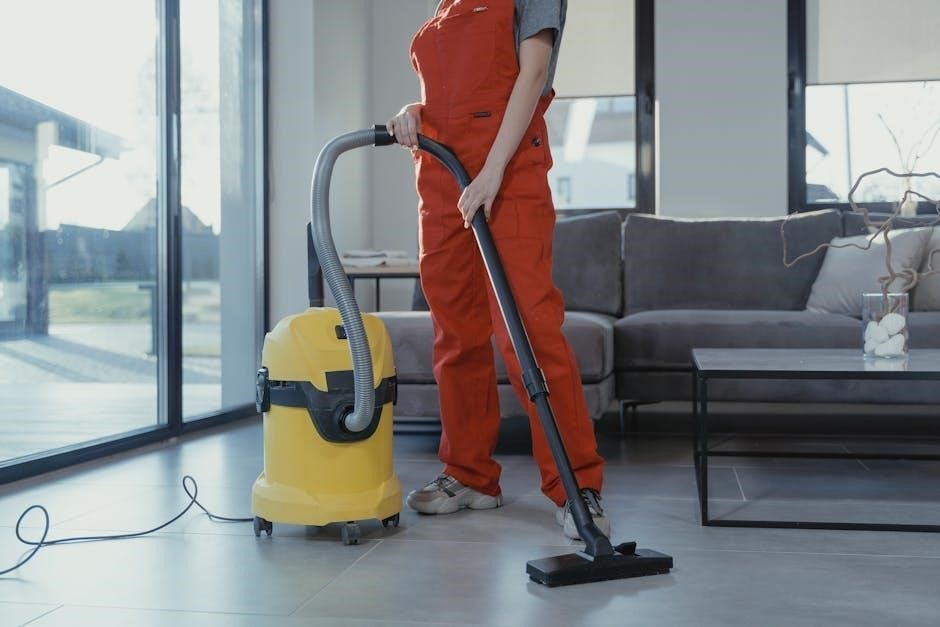
Professional Cleaning Services
Professional cleaning services offer tailored solutions for homes and offices, ensuring deep cleaning, disinfection, and organization. They use advanced techniques and eco-friendly products for optimal results and safety.
Types of Cleaning Services
Professional cleaning services cater to diverse needs, offering tailored solutions for various spaces. Residential cleaning focuses on homes, including apartments, houses, and condos, ensuring a spotless living environment. Commercial cleaning targets offices, retail spaces, and industrial areas, maintaining productivity and hygiene. Deep cleaning services provide intensive scrubbing of bathrooms, kitchens, and high-traffic areas. Specialized services include carpet cleaning, upholstery cleaning, and window washing. Some companies offer one-time cleanings for events or move-ins, while others provide subscription-based schedules. Additionally, eco-friendly cleaning services use sustainable products, appealing to environmentally conscious clients. These services are designed to meet specific requirements, ensuring every space is clean, safe, and well-maintained.
How to Choose a Reliable Cleaning Company
Choosing a reliable cleaning company involves several key considerations. First, verify the company’s reputation by reading reviews and asking for referrals. Ensure they are licensed, insured, and certified to operate in your area. Check the range of services offered to match your specific needs, such as residential, commercial, or specialized cleaning; Transparency in pricing and the use of eco-friendly products are also important factors. Look for companies with trained staff and a clear policy on satisfaction guarantees. Comparing multiple providers and requesting a detailed quote can help you make an informed decision. Ultimately, a trustworthy company will prioritize your needs, ensuring a clean, safe, and professional service experience.
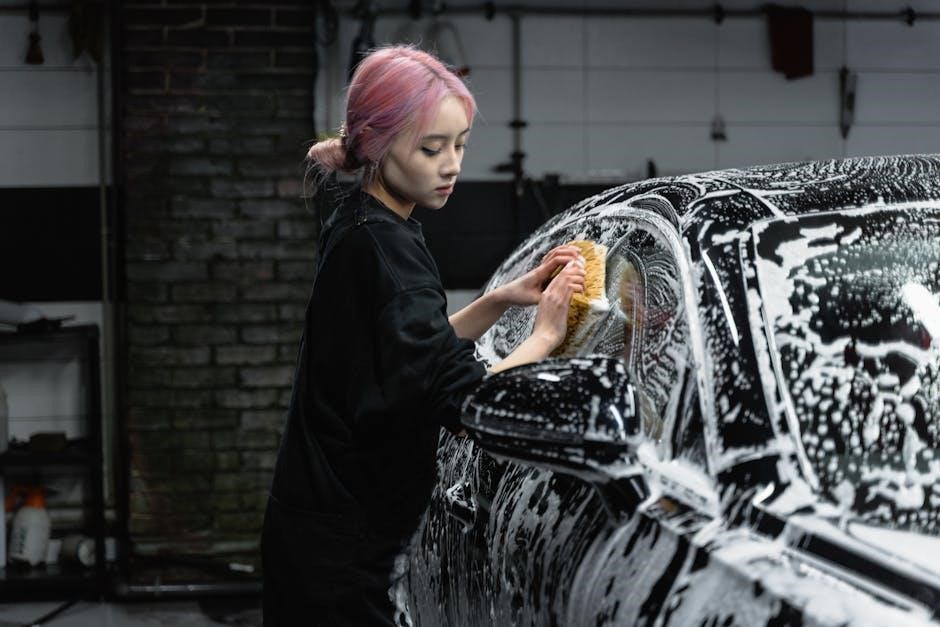
Health and Safety in Cleaning
Adhering to health and safety protocols is crucial during cleaning to prevent injuries and exposure to harmful substances. Always wear protective gear and follow product instructions carefully.
Health Risks Associated with Cleaning
Cleaning can pose significant health risks, particularly for women who engage in regular or professional cleaning activities. Exposure to harsh chemicals in cleaning products can lead to respiratory issues, skin irritation, and allergies. Prolonged use of strong detergents may cause long-term health problems, such as asthma or other pulmonary conditions. Additionally, repetitive tasks like scrubbing or lifting heavy cleaning equipment can result in musculoskeletal disorders, such as back pain or joint inflammation. To mitigate these risks, it is essential to use protective gear, such as gloves and masks, and opt for natural or less toxic cleaning alternatives when possible. Proper ventilation and adherence to product instructions are also critical to ensuring safety during cleaning tasks.
Safety Tips for Cleaning Women
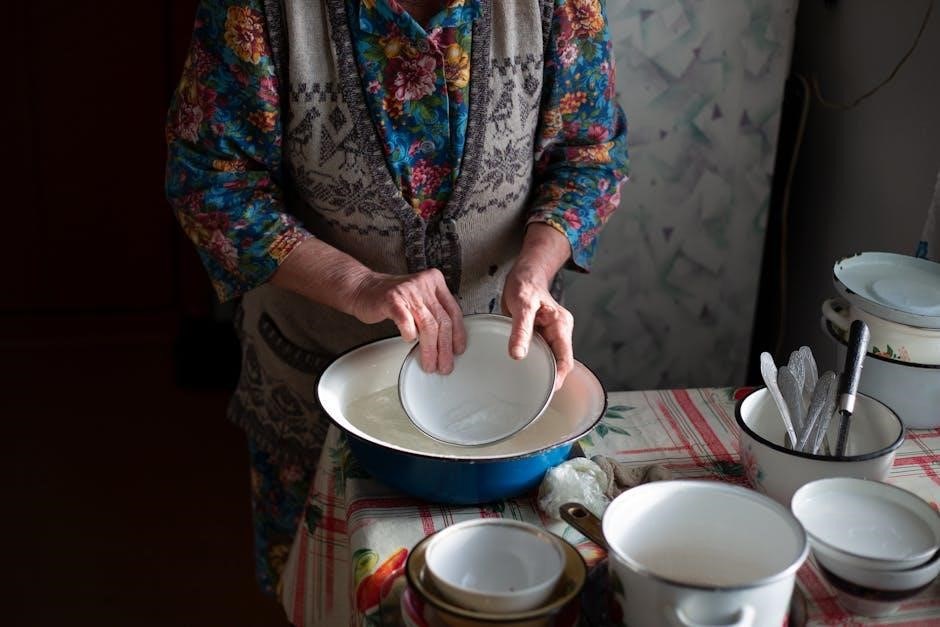
Cleaning can be physically demanding, so prioritizing safety is crucial. Always wear protective gear like gloves and masks to avoid exposure to harmful chemicals. Use eco-friendly products when possible to reduce health risks. Proper lifting techniques are essential to prevent back injuries; bend at the knees and avoid overexertion. Ensure good ventilation in the workspace to prevent inhaling fumes. Regular breaks can help avoid fatigue and maintain efficiency. Familiarize yourself with product instructions and emergency procedures. Store cleaning supplies out of reach of children and pets. Avoid mixing chemicals to prevent dangerous reactions. Keep a first-aid kit nearby and know basic first aid. By following these tips, cleaning women can ensure a safer and healthier work environment.
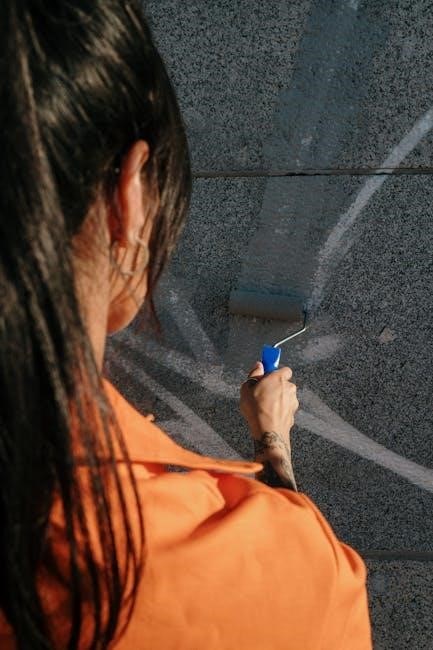
Eco-Friendly Cleaning Practices
Adopting eco-friendly cleaning involves using natural products like vinegar and baking soda. These alternatives reduce chemical use, promoting a healthier environment and sustainable living practices.
Benefits of Green Cleaning
Green cleaning offers numerous benefits, including reduced exposure to harsh chemicals, improved indoor air quality, and a smaller environmental footprint. It promotes sustainability by using biodegradable and non-toxic products, which are safer for families and pets. Additionally, green cleaning can lower long-term health risks associated with chemical-based cleaners. Many eco-friendly solutions are cost-effective and equally effective as traditional cleaners. By adopting green practices, individuals contribute to a healthier planet while maintaining a clean and hygienic living space. This approach also supports ethical manufacturing and reduces pollution, making it a responsible choice for modern cleaning needs.
DIY Eco-Friendly Cleaning Solutions
Diy eco-friendly cleaning solutions are simple and effective, often using common household items. Baking soda and vinegar are versatile for scrubbing surfaces and neutralizing odors. Lemon juice is a natural disinfectant, perfect for countertops and mirrors. For glass surfaces, a mixture of equal parts water and white vinegar creates a streak-free shine. Essential oils like tea tree and lavender add antibacterial properties to homemade cleaners. Reusable cloths and mops reduce waste, while microfiber cloths effectively clean without chemicals. These solutions are budget-friendly, environmentally kind, and safe for families and pets. By making your own cleaners, you avoid harmful chemicals and contribute to a sustainable lifestyle, keeping your home clean and green effortlessly.

